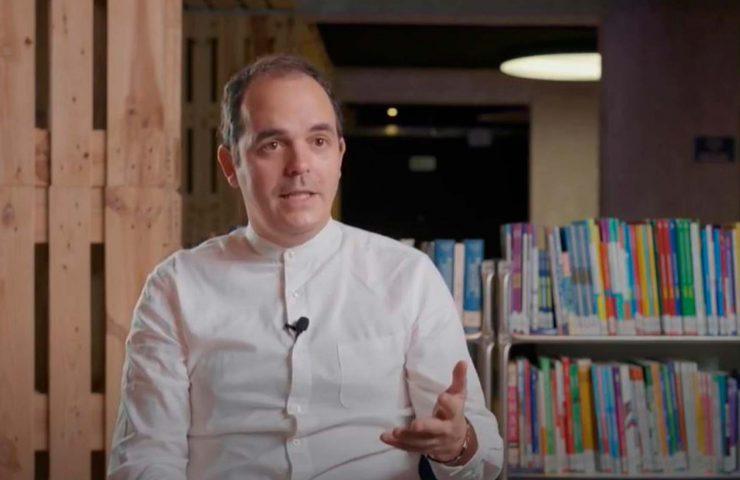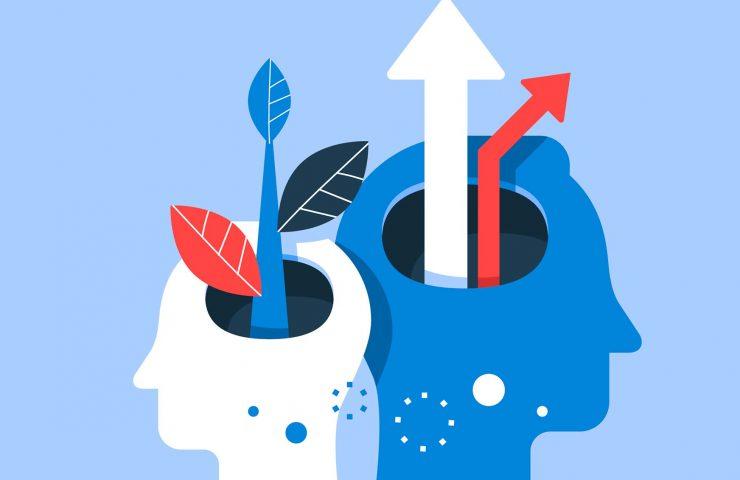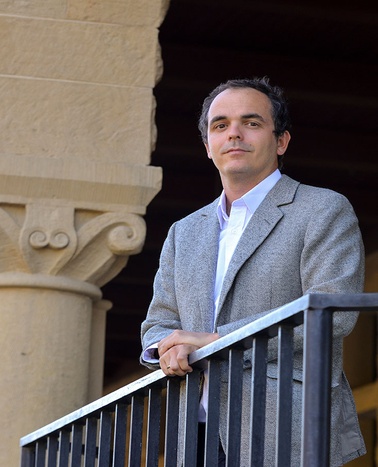
Carlos Lastra
I am from Oviedo, in beautiful Asturias, Spain. Academically, I was initially very drawn to abstract concepts and thus studied mathematics and philosophy as an undergraduate at Oxford. I later spent some time in the "real world" of consulting, traveled a lot and reflected on how I could contribute to the world around me in more concrete ways. To that end, I ended up doing a PhD in Government and Social Policy at Harvard, and am now the Human Rights and Social Inclusion professor at IE School of Global and Public Affairs. I also serve as Director of Research at the Center for Governance of Change. In my spare time, I love to read and I take a lot of inspiration from books, especially autobiographies and books about the government.
"My classes are based around defining public problems, designing solutions and implementing them."
A better world through better policy
Everyone has a different recipe for changing the world. For Carlos Lastra, it’s through human rights and social inclusion, which is why he enjoys teaching courses in the field at IE School of Global and Public Affairs.
After studying math and philosophy in his undergrad and then working as a consultant for some time, Carlos decided to stop and reflect. He needed more; he needed to find a calling that would leave a positive impact for generations to come.
So it’s no surprise that he pursued a doctorate in government and social policy, to later dedicate his life to educating the next generation of government representatives. He has previously taught political economics and specialized in education policy, and he’s now teaching courses at IE University that he is truly passionate about.
Carlos firmly believes that higher education can mitigate the negative effects of things like automation, and thus feels that education policy should be reformed. Having had the privilege of attending Ivy League universities, he has since wondered how this type of quality education could be extended more broadly.
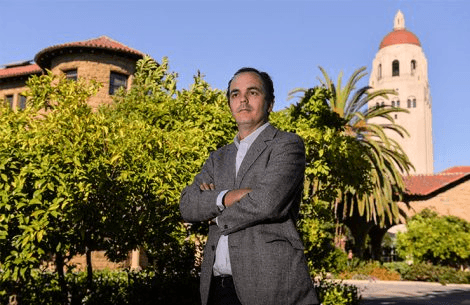
Carlos tells us that his classes are based around defining public problems, designing solutions and implementing them. He adapts each session to that structure so that students can be in class in the morning and then directly apply the lessons learned to a tangible project they’re working on in the afternoon—for example, with a local government for their capstone project from definition, to design, to implementation.
Graduates of IE School of Global and Public Affairs certainly have a bright future ahead of them. They can expect to work in government roles, as well as in the private and social sectors. Carlos notes that IE University is always on the lookout for ambitious students who want to start entrepreneurial ventures that have a social impact.
Carlos is a big fan of reading, and he enjoys recommending books to students for inspiration. There are two in particular that he feels represent students’ learning endeavors at IE University. First,“The Second Machine Age,” by Andrew McAfee and Erik Brynjolfsson, which lays out the challenges ahead for professionals in the sector. And secondly, “Instruction to Deliver”, by Michael Barber, which offers a range of solutions for such problems. He also enjoys reading autobiographies by people who have struggles when working within governments, such as “A Journey” by Tony Blair, which offers a candid insight into the sometimes ugly and frustrating business of government.
No matter your background, if you have the same recipe for change as Carlos, there’s a place for you at IE School of Global and Public Affairs. Because for Carlos, the most important thing is that students are inspired to make a difference, to solve problems, and to ask, “Why not?”
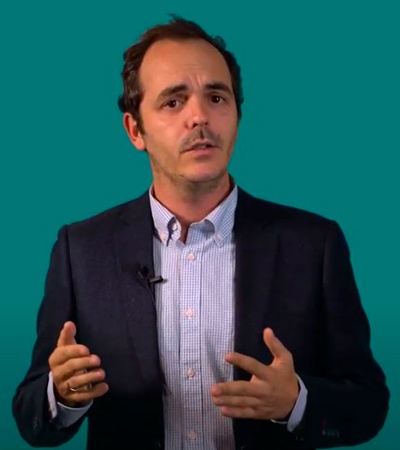
"My classes are based around defining public problems, designing solutions and implementing them."
CARLOS' ARTICLES
UNIVERSITIES ARE ENGINES OF DEVELOPMENT
Professor Carlos Lastra analyzes how, in the era of the knowledge economy, universities have replaced traditional natural resources to become a major driving force behind the development of their local environment.
FUTURE OF EDUCATIONPUTTING EDUCATION TO WORK
As increased automation and innovation put jobs at risk, Professor Carlos Lastra explains that education must be revamped in terms of skills development, inclusivity, and closer ties with the labor market to ensure students are both better-prepared and better-advised when they begin working.
FUTURE OF EDUCATION
